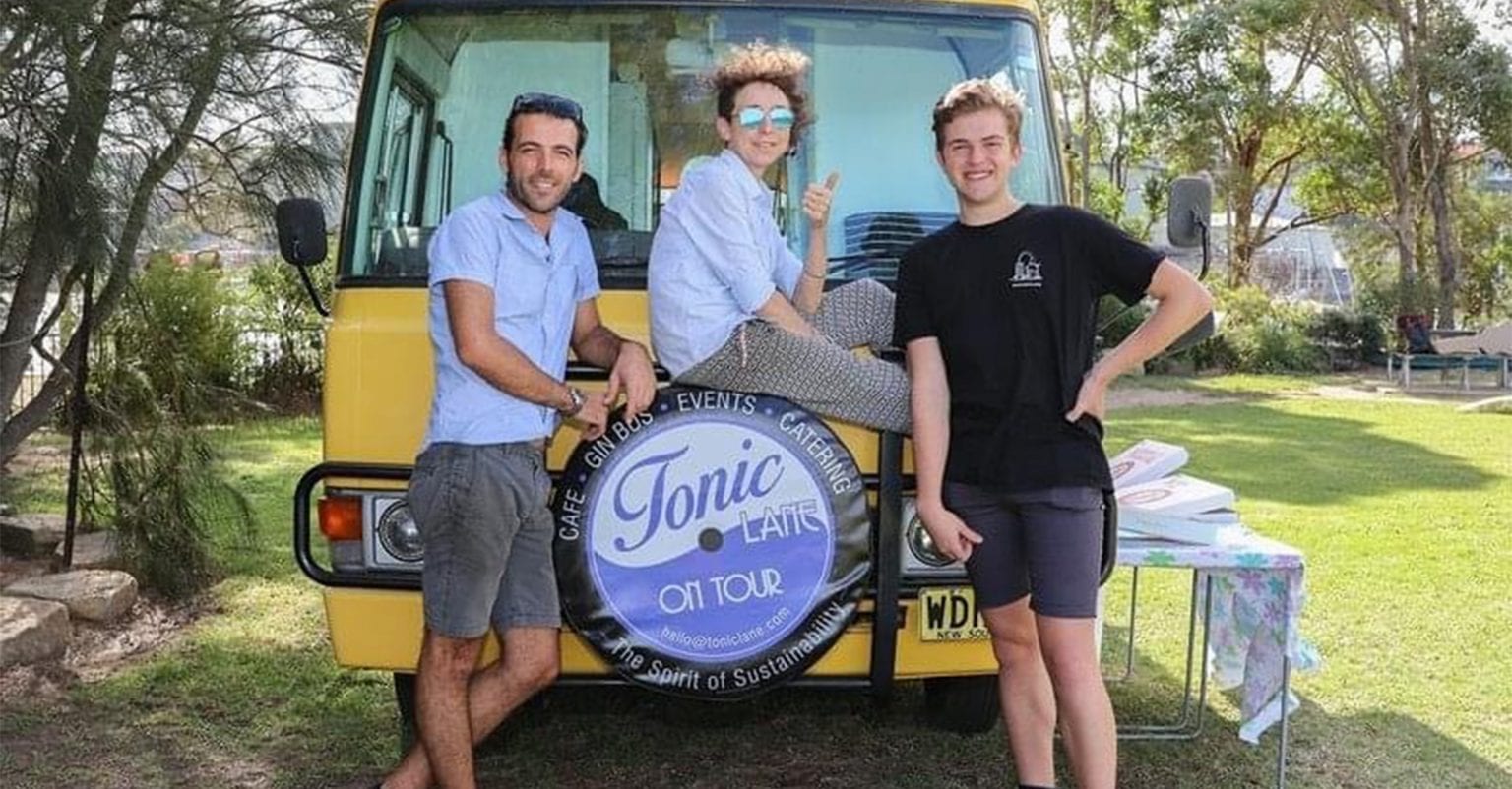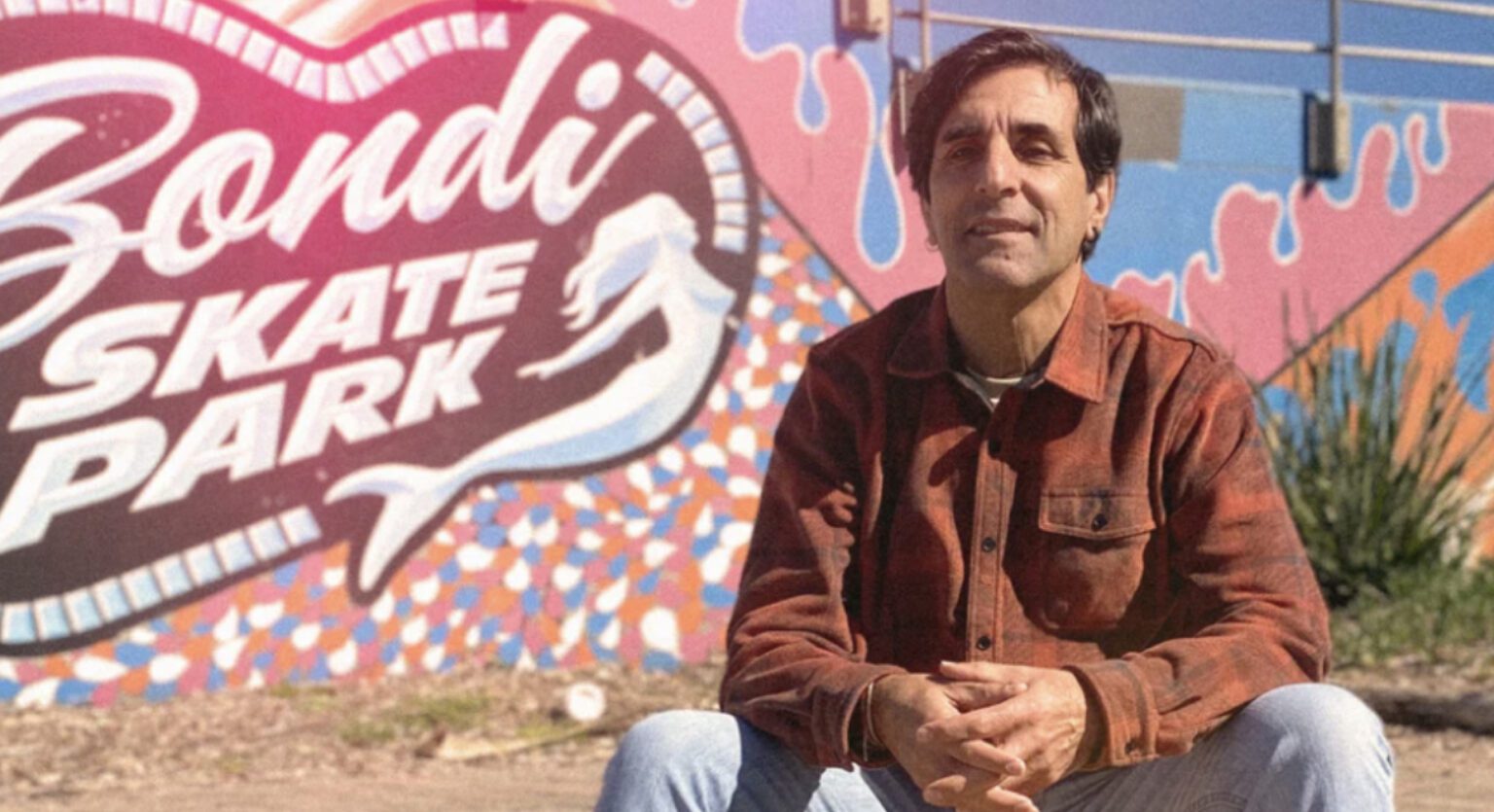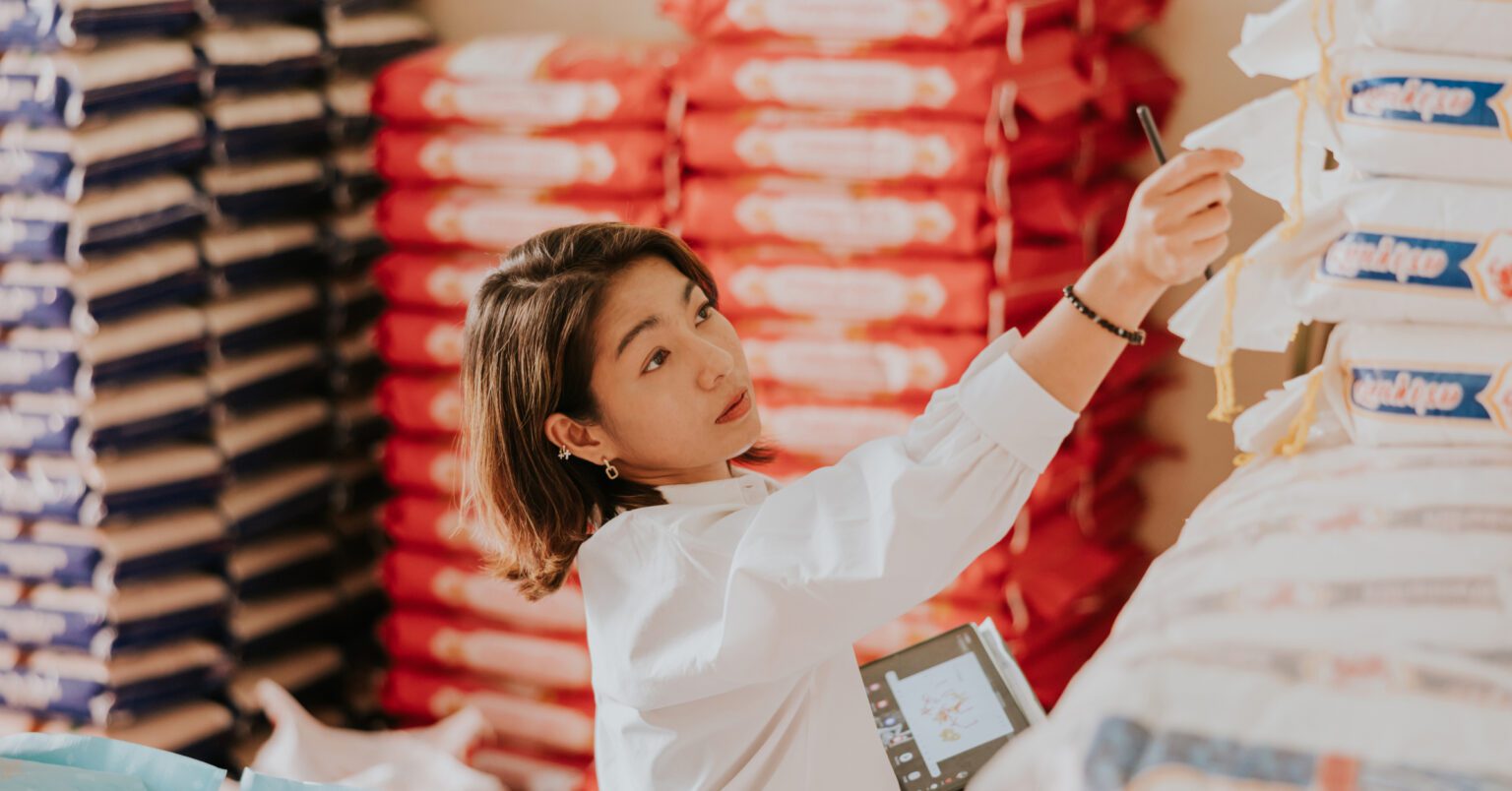Cafes can produce a lot of waste. Food waste. Plastic waste. Paper and cardboard waste. We spoke with lean, green hospo legends about how they’re cutting waste and reducing their environmental impact.
At a glance
Here’s a snapshot of the advice from our interviewees:
- 1. Time’s up on single-use takeaway cups. Start looking at reusable alternatives today.
- 2. Getting customers on board isn’t always easy. But making them feel good about taking part is a great way to start.
- 3. Don’t lose heart. Little things can add up to a big impact.
Many hospitality businesses are making efforts to reduce waste and run in a more sustainable and environmentally conscious way.
It’s not always easy and COVID-19 made it even harder.
“It was pretty horrendous,” remembers Jane Turner of Bondi’s Gertrude & Alice Cafe Bookstore. “We had to stop using keep cups and our mug library for months. It felt like it set our efforts back. Now we’re reminding customers to find their reusable cups and start bringing them again.”
“There were some confusing messages,” adds Lain Tapsall of Tonic Lane. “We’ve got some serious environmental catch-up to do.”
But these cafes are showing us how it’s done: with determination and commitment, one cup at a time.
Coffee cups: daily necessity or environmental disaster?
According to Clean Up Australia, coffee and other hot drink cups are estimated to be the second largest contributor to litter after plastic bottles. Most single-use cups have a thin plastic lining which means they can’t be recycled. That means Australians send an estimated one billion disposable coffee cups to landfill every year.
Cafes are at the frontline when it comes to managing single-use coffee cups. And many are leading the charge to reduce their use.
“We sell reusable cups, have a mug library and do not serve drinks in takeaway cups to people who are seated – unless it’s for religious reasons,” says Jane at Gertrude & Alice Cafe Bookstore. That rule isn’t always well received, however. “That’s where we have experienced the greatest backlash from customers. So we suggest that they have it in a cup or mug and if they don’t finish it, we’ll put it in a takeaway cup for them. Nine times out of ten, they finish it.”
Stephanie Schulz of Ikigai Coffee Shop in Adelaide, agrees that it’s not always easy to get customers on board. “We haven’t used takeaway coffee cups since we opened eight months ago,” she says. “We have double walled glass cups people can purchase or borrow for a small deposit. Otherwise they can use a jar.
“But a lot of people want convenience and comfort and when you’re turning customers away, it’s tough. So we are currently investigating the option of a post consumer recycled, compostable coffee cup – for which we would charge a surcharge.”
Lain Tapsall is a sustainability warrior and owner of Tonic Lane roaming cafe and gin bus. Tonic Lane started as a Neutral Bay cafe and was the first in Sydney to ban single-use disposable cups, in 2017. Instead they created ‘The Mug Movement’, encouraging customers to bring reusable cups or borrow from the mug library.
With her focus now more events-based, Lain has partnered with Ruzi to supply reusable cups for her gin and coffee gigs and the benefits are significant.
“Removing waste from a gig can be expensive,” explains Lain. “With reusable cups, waste is kept under control. No one has to worry about putting them in the ‘right’ bin because they can all go in one bin for re-use, not landfill.”
And when you’re dealing with a couple of thousand people over a weekend, that’s a lot of waste eliminated.
The cups and cost conundrum
There’s one big barrier though. Choosing more sustainable, environmentally friendly alternatives is usually more expensive than the mainstream option when it comes to hospitality. But none of these business owners would do it any other way.
“Our accountant would probably say I don’t think enough about that!” says Jane Turner. “But we are always prepared to pay more for sustainable products. It’s part of a philosophy we have adopted and encourage our customers to be part of.”
“We were already very waste-conscious in our own lives,” says Stephanie Schulz. “It just wouldn’t make sense for us not to carry that into our business life. It does cost more, but you just have to figure out how to increase turnover.”
“Little efforts can have a big impact,” says Lain Tapsall. “ It can start a domino effect with more and more people and businesses getting on board. You have to keep chipping away at it and passing it on to other generations. If we don’t, it will come back to bite us all.”
Customers, cups and communication
Getting customers on board with more sustainable initiatives is a key part of making them successful. “Before COVID, we discounted the cost of coffees for people who brought their own cups,” says Jane. “But to be honest, I don’t think our customers were driven by the discount. It’s about making them feel good about themselves and the choice they’ve made to be part of a more sustainable movement.”
“It’s a lot of talking initially,” Jane adds. “Train your staff to make a big deal of the customers who use their reusable cups and make them feel positive about the change they’re making.”
“We have a very clear, straightforward message at our gigs,” says Lain, “and by the time people have had their gin or coffee and read it, they’ve taken that message on and are actively looking to deposit their cup in the right place. They want to do the right thing. And in the events spectrum, you’ve got a captured market – that’s a great opportunity to communicate about this issue.”
Beyond the cup: more tips for sustainable hospitality
“We don’t make it easy for ourselves,” laughs Stephanie as she lists all the things the team do to make Ikigai as sustainable as possible: making their own peanut butter, making their own non-dairy milk, buying organic produce, re-using every scrap of paper, using compostable kitchen towels for napkins (because napkins come in plastic wrapping), composting food waste, to name a few. They source milk in 10L buckets from Jersey Fresh so they don’t use single-use milk containers and they provide scraps for customers’ chooks and coffee grounds for compost.
“Ideally we would avoid soft plastic completely but it’s really hard to find suppliers who don’t use them, especially for packaging meat. We do our best.”
Stephanie recommends cafes contact their local council to find out exactly what they can recycle. “And make sure you train your staff to put the right waste in the right bins!”
Lain uses Tonic Lane to keep spreading the message. “Sometimes you just have to do it in segments so people don’t get overwhelmed,” she explains. A current gig involves working in schools where she takes a term-by-term approach. “This term, we focus on everyone bringing reusable cups. Next term we move on to cutlery. Just go step by step.”
Want to initiate some environmentally friendly action in your business but need some funds to get going? Talk to one of our small business lending specialists about how a Prospa Line of Credit could help kickstart your journey to sustainability.








